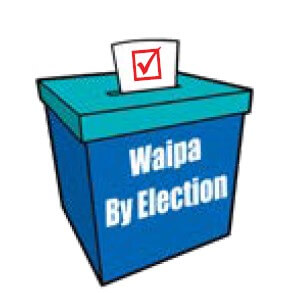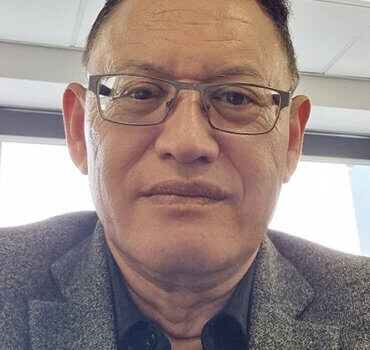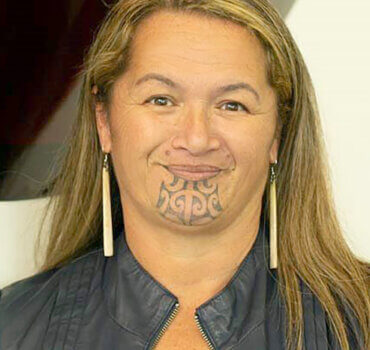- Bill Harris
- Barney Manaia
- Dale-Maree Morgan
- Gaylene Roberts
All four candidates for the vacant Waipā Māori ward support the Government’s Affordable Water policy saying Aotearoa’s waterways need protecting.
The News asked Bill Harris, Barney Manaia, Dale-Maree Morgan and Gaylene Roberts a series of questions and sought their views on the policy – previously known as Three Waters – co-governance and how they would respond to a poor 23 per cent turnout at last October’s election.
Last year, the successful candidate Takena Stirling secured 309 of the 566 votes cast. He resigned in March following his suspension as a lawyer.
 Harris said it was no secret he supported better partnership principles over water while Manaia cited his experience as a trustee of Kahotea Marae as one of the reasons for his support of the water policy.
Harris said it was no secret he supported better partnership principles over water while Manaia cited his experience as a trustee of Kahotea Marae as one of the reasons for his support of the water policy.
“I am part of a Kīngitanga viewpoint that believes our awa Waikato and Waipā are living taonga that needs to be protected,” said Manaia.
“I am pro water reforms, the rivers and waterways are in serious trouble,” said Morgan.
“The water infrastructure deficit needs to be addressed to save householders from unaffordable water,” said Roberts. “For iwi, Māori co-governance is the protection of our rights and interests in freshwater.”
After the by election, the councillor will represent the entire Waipā district.
“Historically Māori have not participated in Local Government elections. I have asked rangatahi why and they have replied we don’t feature, which I infer as not having a Māori voice that is valued and appreciated,” said Manaia.
“What has been offered here is the opportunity to unify a collective Māori voice that will work with other leading voices to achieve great outcomes for the people of Waipā.”
Morgan said low Waipā turnout was common.
“Many (have) acknowledged why Māori voters have little to no trust in council processes, hopefully with the inclusion of a Māori ward seat and future seats, it will improve voter turnout in years to come.”
Roberts said she would focus on issues of importance to the Māori community, engage on social media and build strong relationships.
Harris said one Māori representative and four Kanohi representatives would not necessarily change the numbers voting, but it would help.
“We need to establish better ways to connect. Trust is important if there is to be an attitudinal change and the change won’t happen overnight especially after 160 years of the Te Tiriti o Waitangi not being honoured.”
The News asked how the candidates – who all affiliate with iwi on the western side of the district – would work with Ngāti Koroki Kahukura and Ngāti Hauā and represent their interests.
“I have the freedom to work with iwi/hapū. They work independently to make joint decisions on matters of common interest,” said Roberts.
“Ngāti Koroki Kahukura and Ngāti Hauā are relatives of Maungatautari – I currently serve with these iwi representatives on the Waipā Joint Management Authority. I am confident I can work well with my relatives of Maungatautari,” said Morgan.
Harris said he had whakapapa connections to Koroki Kahukura and Ngāti Hauā and sits alongside all iwi on numerous consultative committees.
“My role as your Māori ward rep would be to ensure partnership is always present at the table of district decision makers and to then make sure key iwi leaders are offered a partnership voice.”
Manaia said he had experience as a teacher working in Tokoroa, Waharoa and Cambridge.
“And through whakapapa connections and school activities I have worked with local iwi — Raukawa, Hauā and Koroki Kahukura people,” said Manaia.
Voting for the Māori ward opens on June 1 and closes at noon June 23. Waipā voters enrolled on the Māori roll can vote in the by-election.












